Description
Title: The Truth About Octane Boosters: Separating Fact from Fiction
Introduction
When it comes to automotive performance, octane boosters are a popular choice for those looking to increase the power and efficiency of their engines. With claims of improved horsepower, better fuel economy, and reduced engine knocking, octane boosters may seem like a miracle solution for any engine-related issues. However, it is crucial to approach these claims with a healthy dose of skepticism and a keen eye for factual information. In this article, we will delve into the world of octane boosters, discussing their benefits, drawbacks, and the science behind their function to help you make informed decisions for your vehicle’s performance needs.
What Are Octane Boosters?
Octane boosters are chemical compounds that, when added to gasoline, increase the fuel’s octane rating. Octane ratings measure gasoline’s ability to resist engine knocking or pre-ignition, which can cause damage to engine components and reduce overall performance. Higher octane ratings imply greater resistance to knocking and improved performance.
Octane booster products typically contain one or more of the following ingredients:
- Methylcyclopentadienyl Manganese Tricarbonyl (MMT)
- Tetraethyl Lead (TEL)
- Ethanol or Methanol
- Nitromethane
Each of these ingredients functions differently to raise the octane level of gasoline. For instance, MMT and TEL act as anti-knock agents, while ethanol and methanol serve as octane enhancers. Nitromethane, a highly potent fuel used in drag racing, can also boost octane levels significantly but is not suitable for regular road use due to its high volatility and toxicity. *Note: Tetraethyl Lead (TEL) has been phased out in most countries due to its harmful environmental and health effects.
Do Octane Boosters Work?
In essence, octane boosters do work as advertised by increasing the octane level of gasoline. However, the extent to which they improve engine performance and fuel efficiency depends on various factors, including the engine’s compression ratio, operating conditions, and fuel quality.
For vehicles with high-compression engines, such as turbocharged or supercharged vehicles, using higher octane fuel can help reduce engine knock and improve overall performance. In these cases, octane boosters can provide the necessary increase in octane to optimize engine performance.
However, for most regular vehicles, using premium gasoline with higher octane ratings may not yield any significant performance benefits. Modern fuel injection systems and engine management computers can dynamically adjust ignition timing and fuel injection to minimize engine knock, even with lower octane fuels.
Potential Drawbacks of Octane Boosters
While octane boosters can provide benefits in specific applications, they are not without potential drawbacks:
- Cost: Octane booster products can be expensive, and the performance gains they offer may not justify the additional cost for most drivers.
- Safety Concerns: Some octane booster ingredients, such as MMT and TEL, can have detrimental effects on engine components and emissions systems if used excessively or inappropriately.
- Environmental Impact: The production, distribution, and use of octane booster ingredients, such as methanol and ethanol, can have adverse environmental consequences, contributing to deforestation and greenhouse gas emissions.
Conclusion
Octane boosters can be a useful tool for optimizing engine performance in specific applications, such as high-compression engines or racing applications. However, for the average driver, upgrading to premium gasoline with higher octane ratings may not provide any noticeable benefits. Instead, consider focusing on regular maintenance, such as tune-ups, air filter replacements, and using fuel additives designed to clean and protect engine components for optimal performance. By doing so, you can ensure your vehicle operates at its best while avoiding unnecessary expenses and potential drawbacks associated with octane booster products.

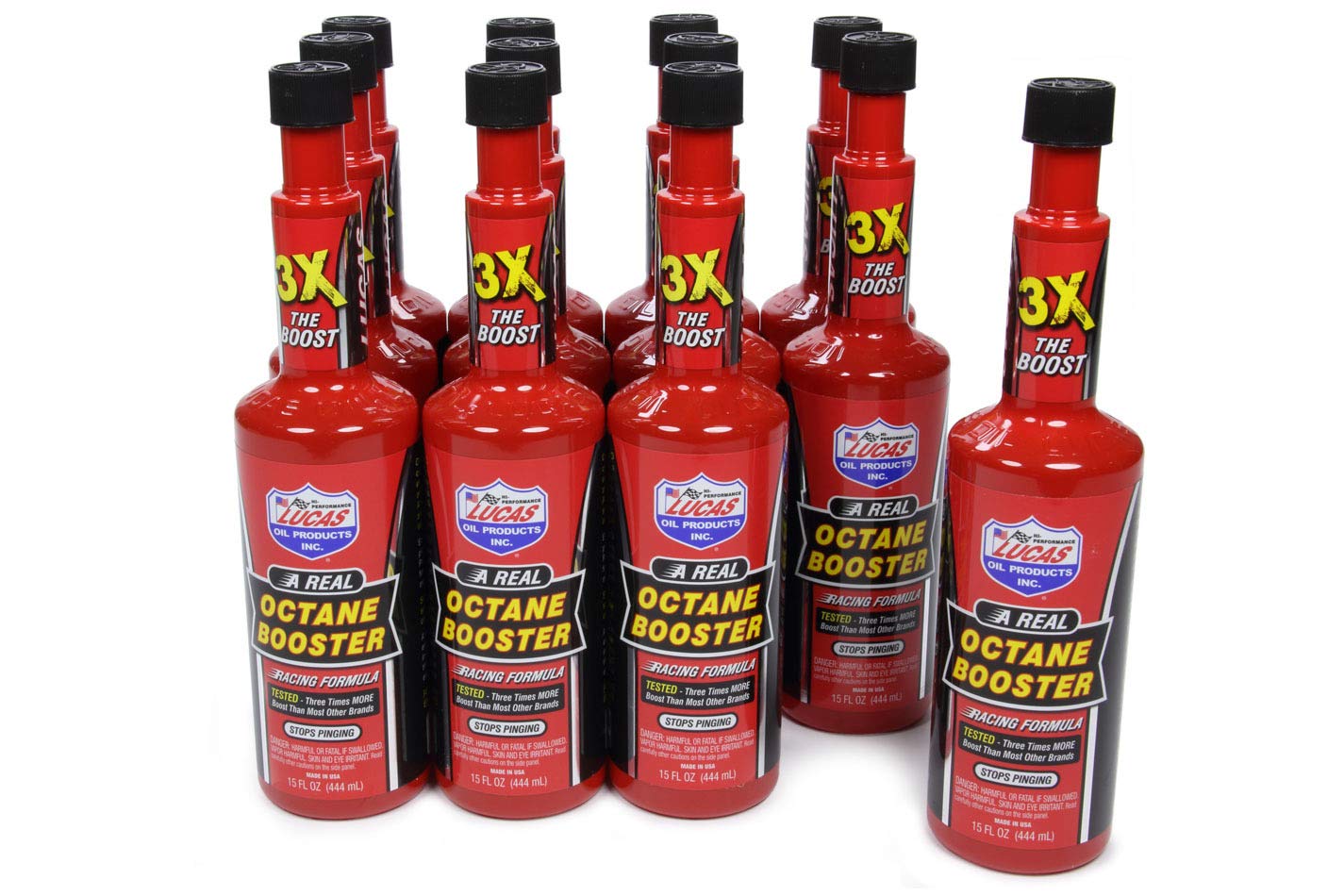

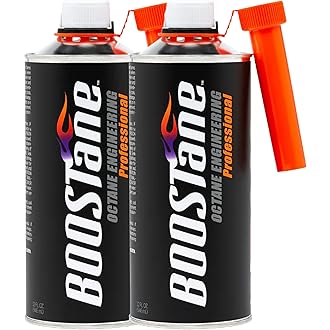

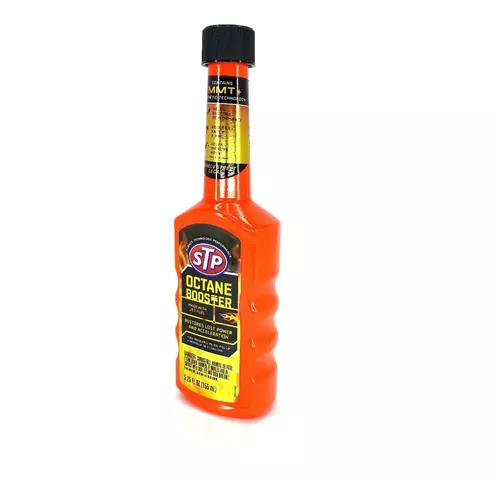


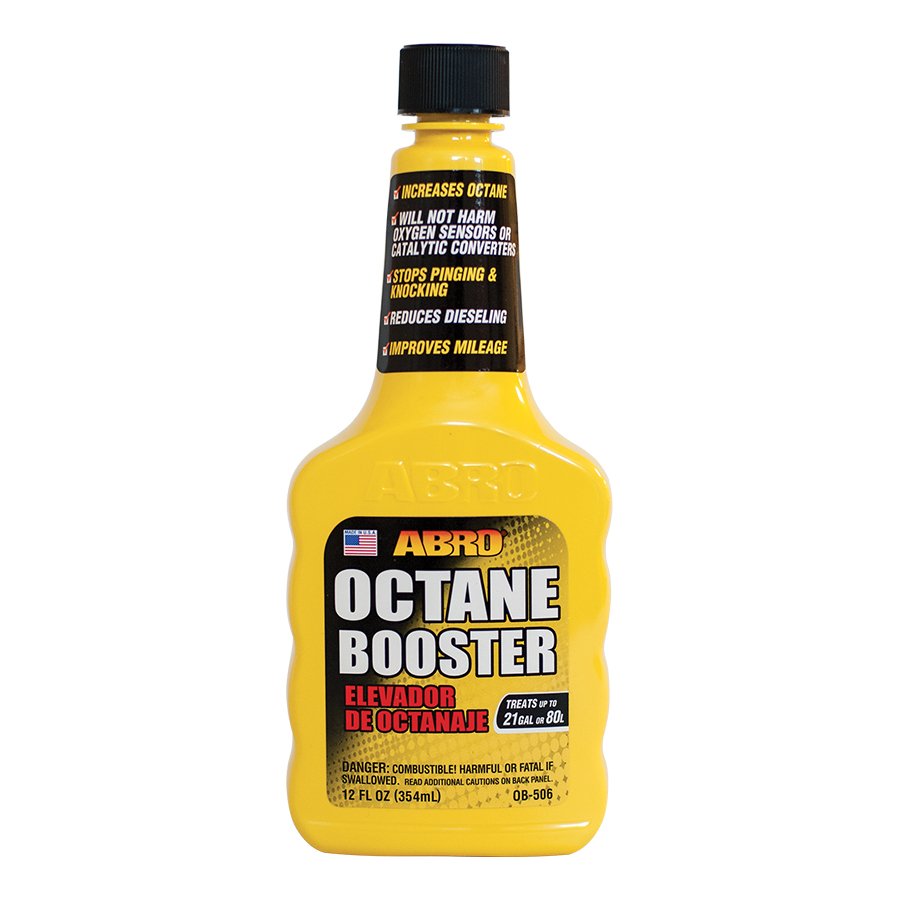


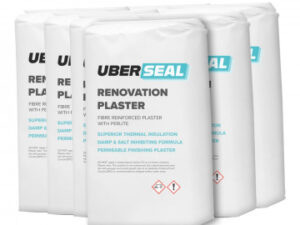
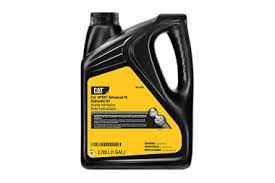
Reviews
There are no reviews yet.